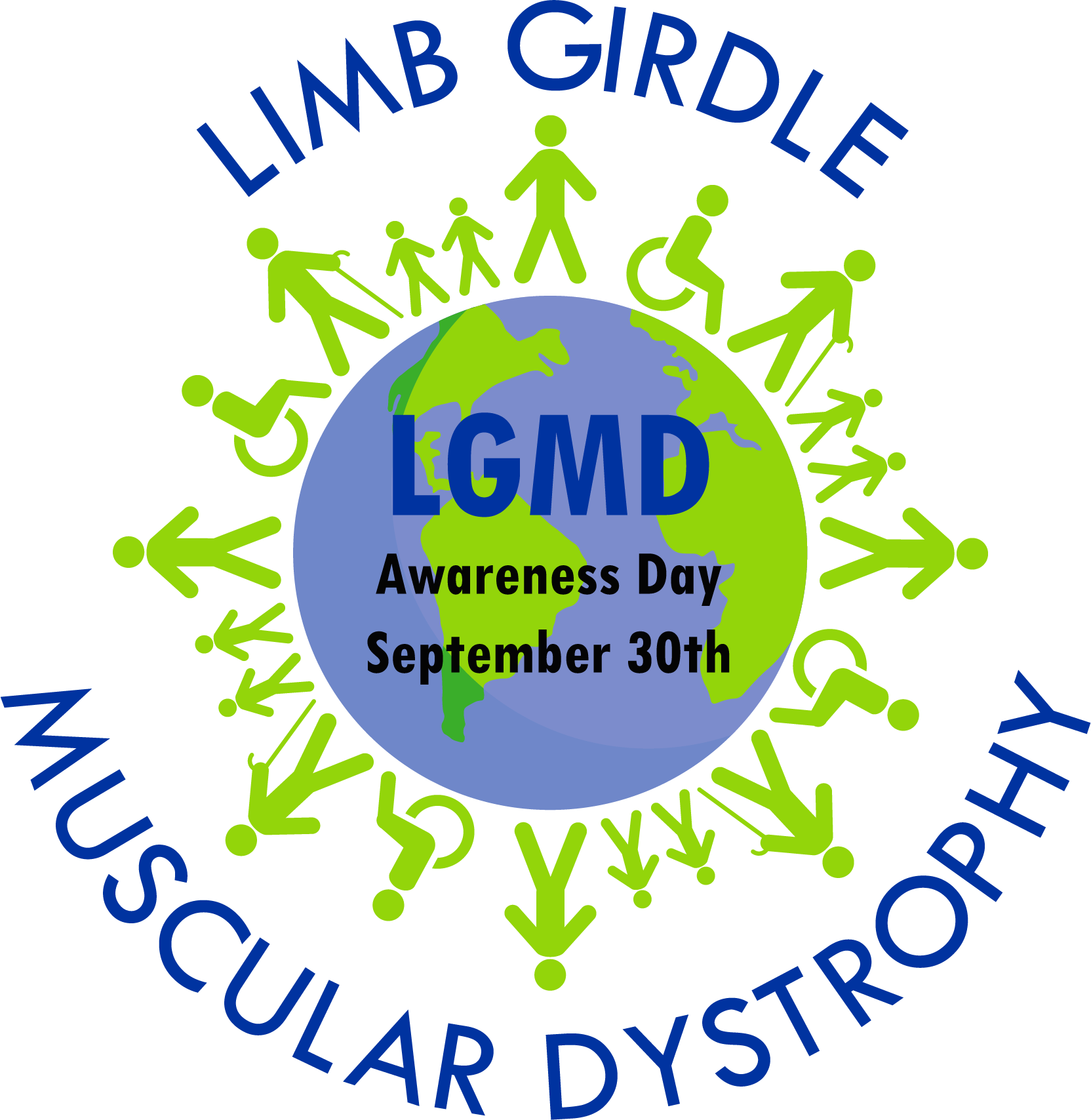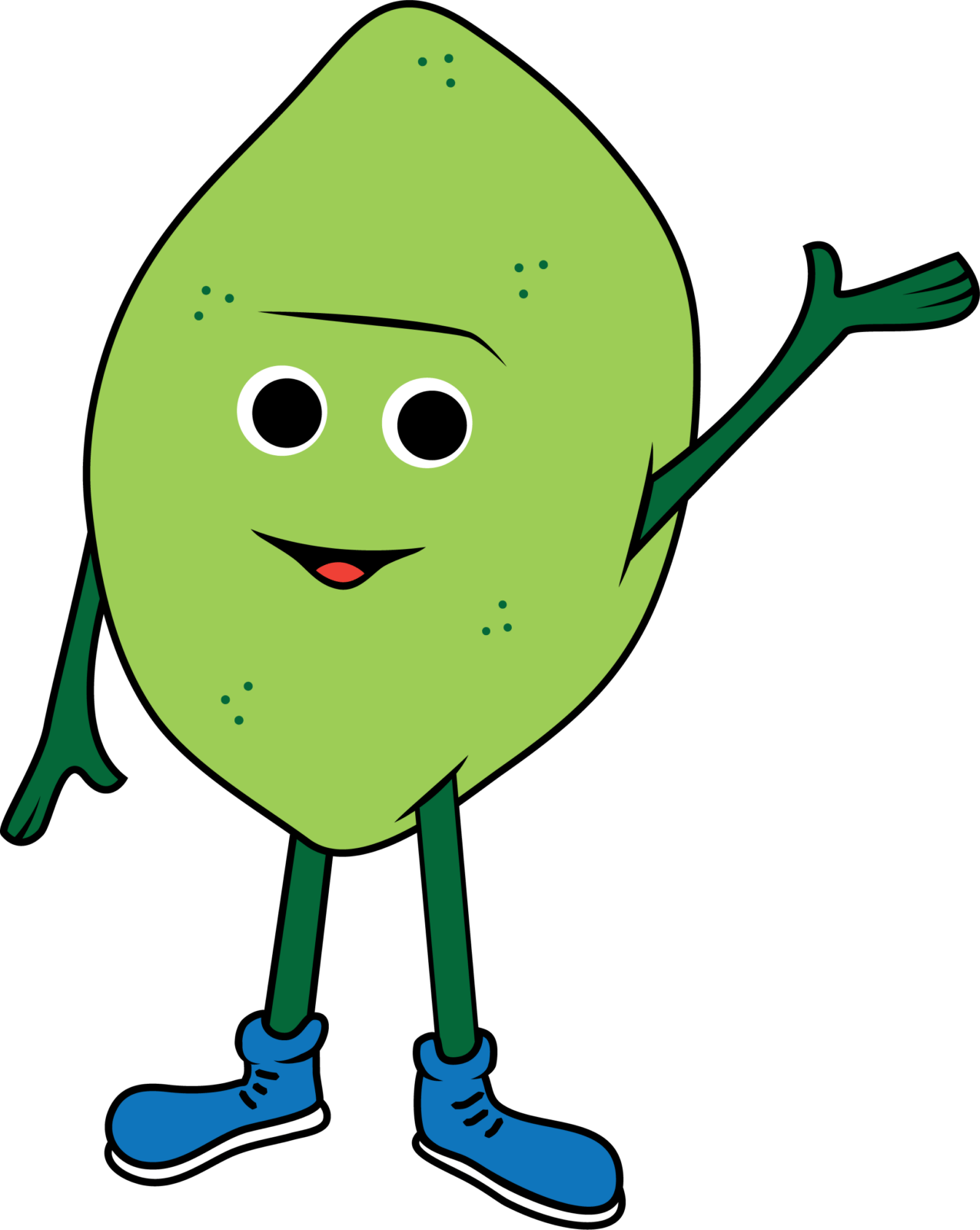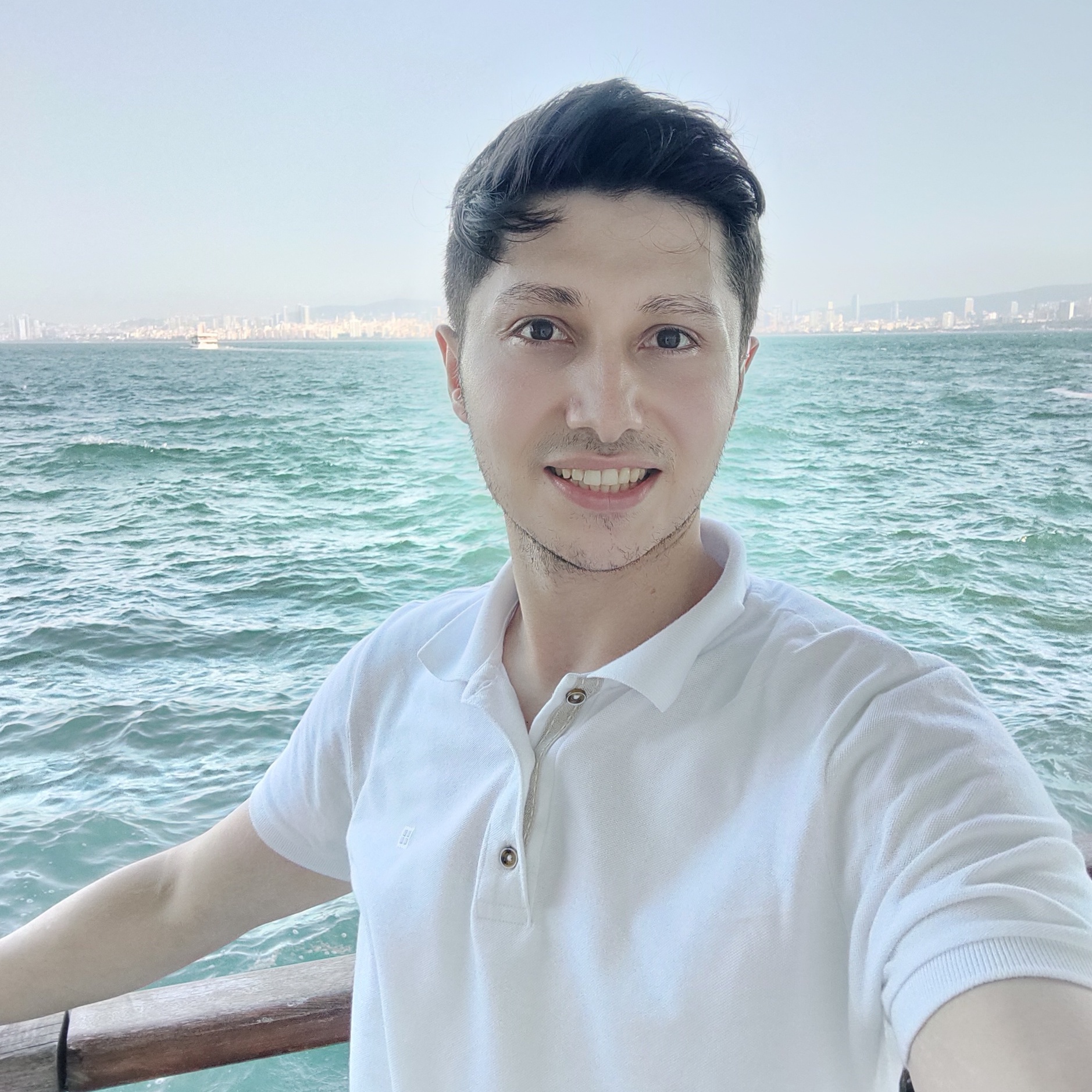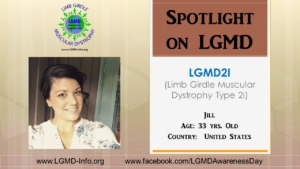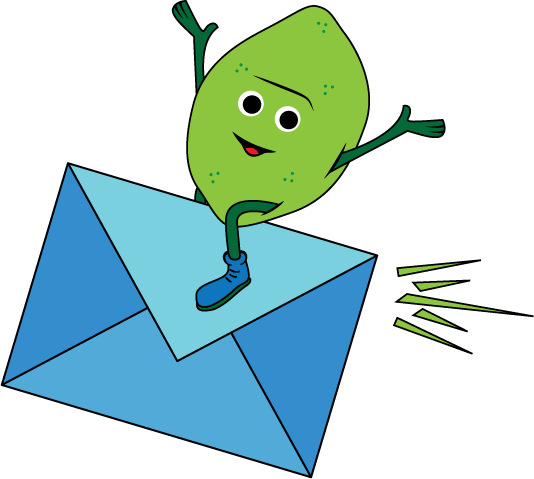INDIVIDUAL WITH LGMD: Jill
LGMD Spotlight Interview
Country: United States
LGMD Sub-Type: LGMD2i
At what age were you diagnosed:
I was diagnosed at the age of 27.
What were your first symptoms:
In elementary school, I was always the last child to cross the finish line in gym. I also remember having to sit out of school activities due to painful leg cramps. However, I was on the dance team and had a super normal childhood. After the birth of my first child in 2008, at age 23, I started presenting to the ER off and on with fatigue and pain. I remember telling my husband, “There’s something wrong with me and someday I will figure out what it is.” After the birth of my second daughter in 2010, I struggled with the physicality of having a toddler and a newborn. I was no longer able to climb a flight of stairs without great effort. I still thought “maybe this is just what tired moms feel like.” Then in 2011, I went into rhabdomyolysis after catching a virus and spiking a fever. I went to the doctor with severe weakness and my CPK was 11,000. That finally led us down the right path and a diagnosis of LGMD2I was uncovered. Like many of you, it was a long road to diagnosis.
Do you have other family members who have LGMD:
No, I am homozygous recessive, so both of my parents were carriers. Thankfully, my brother and sister are unaffected.
What do you find to be the greatest challenges in living with LGMD:
My girls were babies when I was diagnosed. A year later my husband was diagnosed with brain cancer. I feared that I wouldn’t be able to care for my family. I spent many hours worrying about what was going to happen to us. I try to stay in the moment and enjoy the good times. It can be challenging to keep my “head in the game” and not anticipate my decline or let frustration and pain put me to bed. However, I am here, today. My husband is here, today. My kids are amazing and resilient. So, I remain thankful and we carry on.
What is your greatest accomplishment:
My greatest personal accomplishment is my happiness. I’ve worked really hard to be happy, despite our challenges. I’m really proud of that. It’s a choice that I try to make every day.
How has LGMD influenced you into becoming the person you are today:
I do feel that I am living a more meaningful life after diagnosis. I love my people more intensely. I’ve learned to slow down, because I have to, and that isn’t a bad way to do life. I’m also thankful for the opportunity to understand and have empathy for those with chronic disease, pain, grief… all of those invisible diseases that can so easily be misinterpreted as laziness or lack of effort. I see you and I am sorry it is hard.
What do you want the world to know about LGMD:
I want the world to know that LGMD is a genetically inherited disease and not one of “nutritional deficiency” or a result of not going to the gym. This isn’t a disease that people choose. It is progressive and there is no cure. Although staying positive and remaining active will help, it will not stop the progression. In my mind, the best thing to say to someone with LGMD is, “I know it’s hard and you are doing such a good job.” It would be so wonderful to find a treatment or a cure in the future. It’s good to remain hopeful.
If your LGMD could be “cured” tomorrow, what would be the first thing that you would want to do:
Give my girls piggyback rides to school, throw a huge party, and go on a family bike ride around our favorite lake.
* * * To read more “LGMD Spotlight Interviews” or to volunteer to be featured in an upcoming interview, please visit our website at https://www.lgmd-info.org/spotlight-interviews
* * * Please LIKE, COMMENT and SHARE this post to help raise awareness of LGMD!

